Best Dog Food for Puppies: A Complete Guide for New Pet Parents
Bringing a new puppy home is an exciting milestone. Those tiny paws, playful energy, and wagging tails are pure joy—but they also come with great responsibility, especially when it comes to nutrition. Choosing the best dog food for puppies ensures your furry friend gets the right start in life with strong bones, healthy growth, and a boosted immune system.
But with so many options available, finding the right food can be overwhelming. In this guide, we’ll break down everything you need to know to choose the best dog food for puppies—whether you have a small, medium, or large breed.
Why Puppy Food Matters
Puppies are not just miniature versions of adult dogs. Their nutritional needs are different and much higher due to rapid growth and development. The best dog food for puppies contains the right balance of:
- Protein: for muscle development
- Fats: for brain and eye development
- Calcium & Phosphorus: for strong bones and teeth
- DHA: an omega-3 fatty acid important for cognitive development
- Calories: more energy-dense than adult food to support their active lifestyle
Feeding your puppy regular adult dog food too early can lead to nutritional deficiencies or imbalances, which can impact growth.
Types of Puppy Dog Food
There are a few types of puppy food to choose from. Each has its benefits depending on your lifestyle and your pup’s preferences.
1. Dry Kibble
Dry food is the most popular option for puppy feeding. It’s affordable, convenient, and helps maintain healthy teeth by reducing tartar buildup.
Pros: Long shelf life, easy to store, cost-effective
Cons: May be less palatable for picky eaters
2. Wet (Canned) Food
Wet food is more hydrating and often preferred by fussy eaters due to its strong aroma and texture.
Pros: More appealing taste, high moisture content
Cons: More expensive, shorter shelf life once opened
3. Fresh or Raw Food
Many pet parents are turning to fresh or raw diets for more natural feeding.
Pros: Less processed, often high-quality ingredients
Cons: Can be expensive and time-consuming to prepare
4. Freeze-Dried or Dehydrated Food
This type offers the nutrition of raw food with the convenience of dry kibble.
Pros: Longer shelf life than fresh, high nutritional value
Cons: Pricey compared to kibble
What to Look for in the Best Dog Food for Puppies
When shopping for puppy food, keep these essential tips in mind:
- “Complete and balanced” label: Look for products that meet the AAFCO standards for growth.
- Real meat as the first ingredient: Avoid fillers like corn or soy as the main ingredient.
- No artificial additives: Choose food with no artificial colors, flavors, or preservatives.
- Tailored to breed size: Small, medium, and large breed puppies have different nutritional needs.
- Grain vs. Grain-Free: Grain-free diets have become popular, but unless your vet recommends it, grains like brown rice or oatmeal can be a healthy part of a puppy’s diet.
Top Recommended Brands
Here are some of the best-rated puppy foods trusted by dog owners and veterinarians alike:
1. Hill’s Science Diet Puppy
Formulated by veterinarians, it offers the right balance of nutrition and quality ingredients. It also supports brain and eye development with DHA from fish oil.
2. Royal Canin Puppy
Tailored for breed-specific needs, Royal Canin has formulas for small, medium, and large breed puppies. It includes prebiotics and antioxidants for digestive health and immune support.
3. Blue Buffalo Life Protection Puppy
Made with real meat and whole grains, it’s packed with essential nutrients and free from artificial additives. It also contains their LifeSource Bits for extra vitamins and minerals.
4. Wellness Complete Health Puppy
This option offers a balanced diet with natural ingredients, DHA, and antioxidants for immune health. It’s a great pick for holistic pet parents.
5. Orijen Puppy
For those who prefer a high-protein, grain-free diet, Orijen provides a biologically appropriate formula with fresh regional ingredients.
Feeding Tips for Puppies
- Follow the feeding chart: Always check the packaging for feeding guidelines based on your puppy’s age and weight.
- Stick to a schedule: Feed your puppy 3–4 times a day until they’re about 6 months old, then reduce to twice daily.
- Monitor weight and growth: Visit your vet regularly to ensure your pup is growing healthily.
- Fresh water is a must: Always keep clean, fresh water available.
Final Thoughts
Choosing the best dog food for puppies is one of the most important decisions you’ll make as a pet parent. The right nutrition during the first year of life sets the foundation for a lifetime of good health. Whether you go with premium kibble, natural wet food, or a fresh diet, ensure it’s tailored to your pup’s size, breed, and energy needs.
Consult your veterinarian for personalized recommendations based on your dog’s breed and health history. With a little research and care, your puppy will grow into a strong, happy, and healthy adult dog.


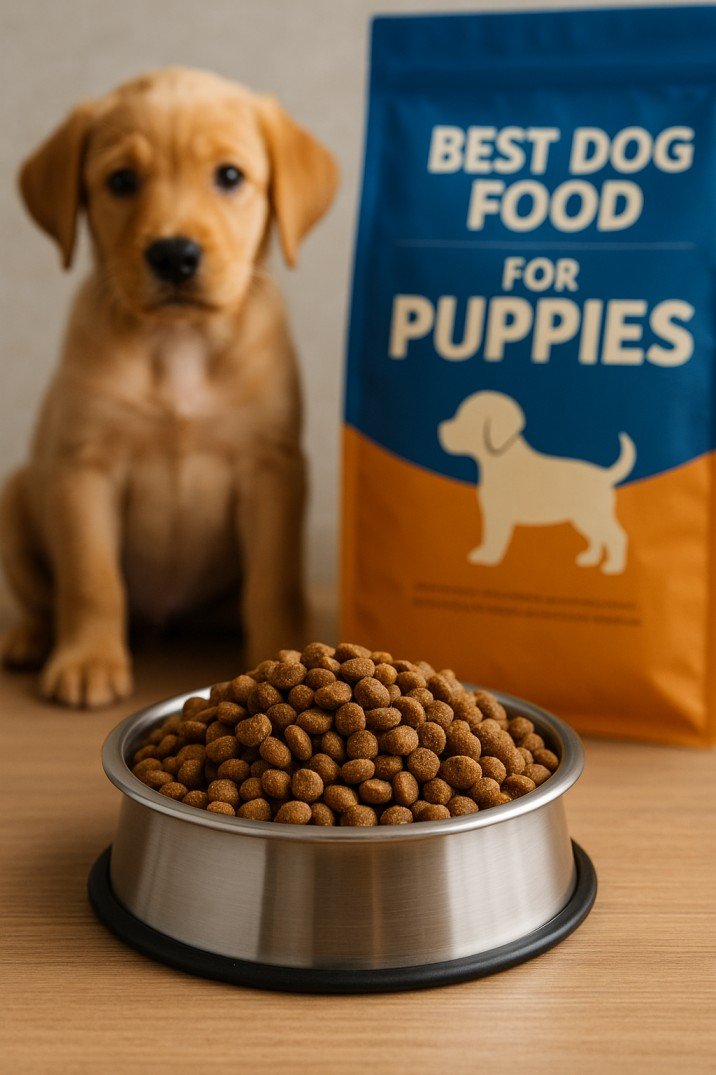
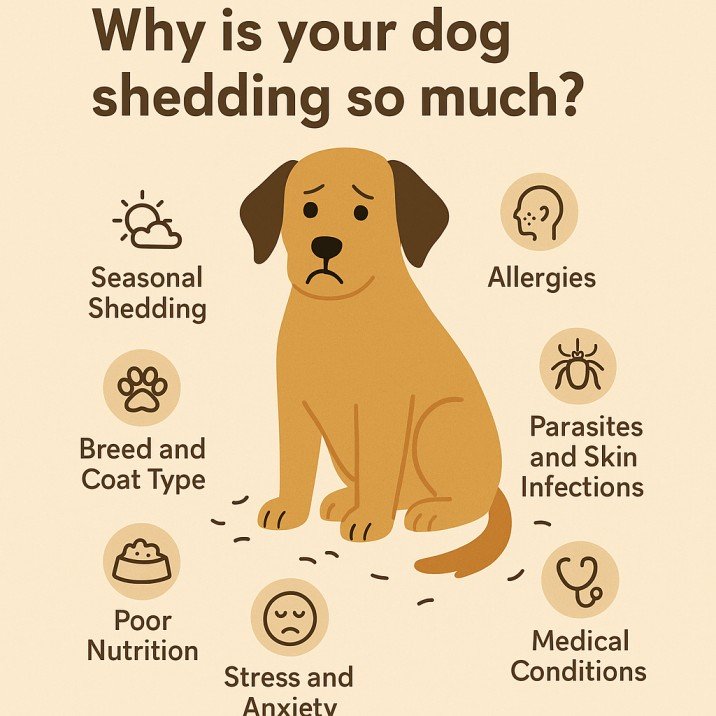
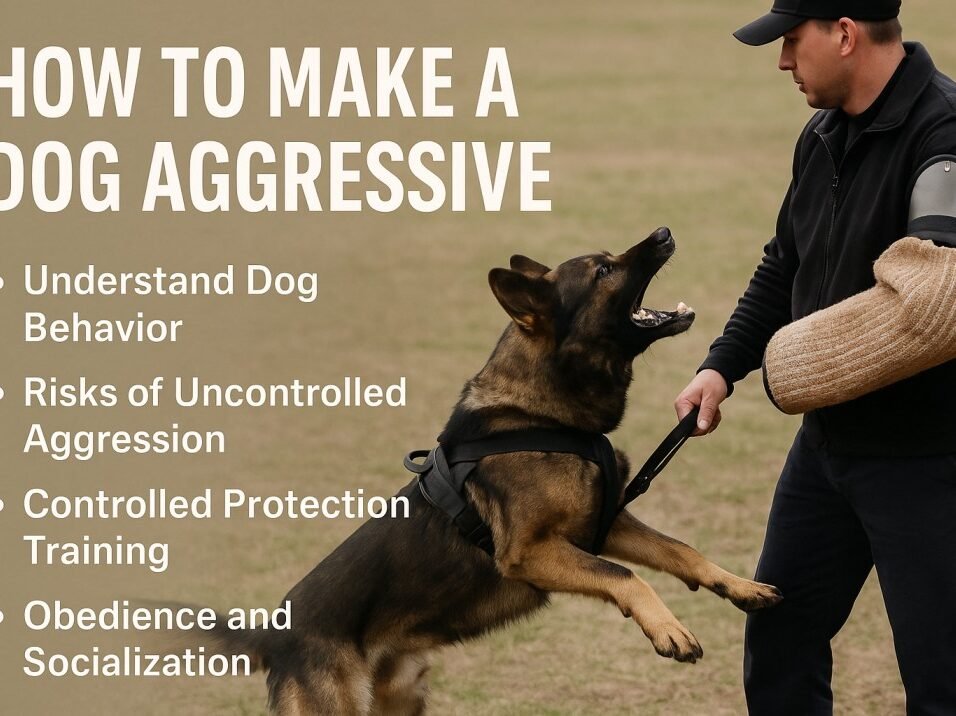
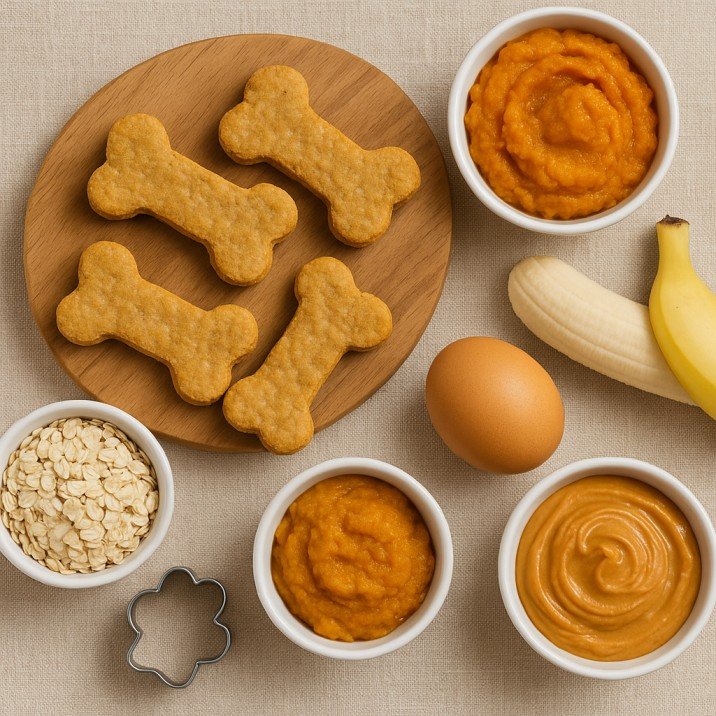
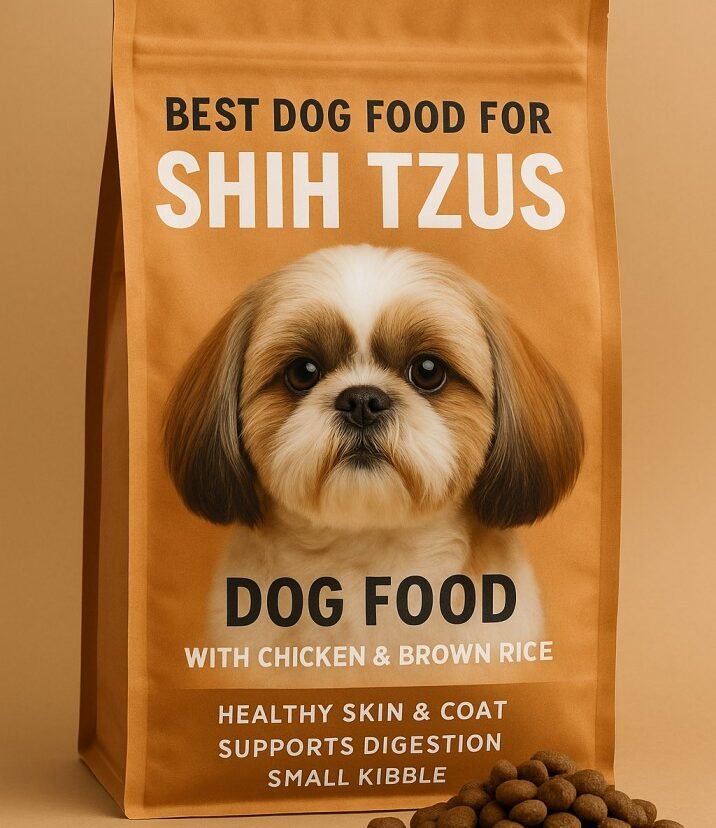
Leave feedback about this